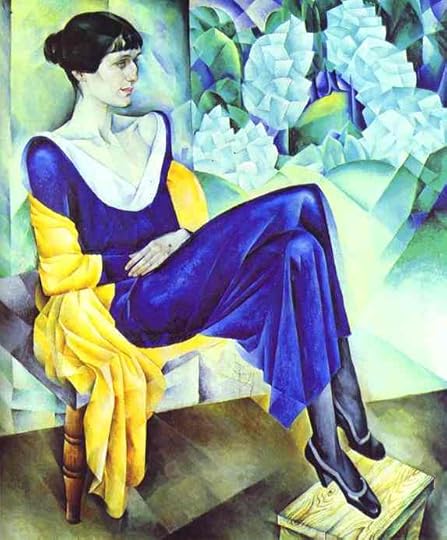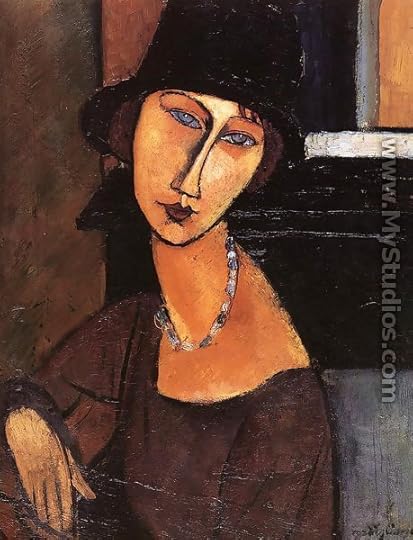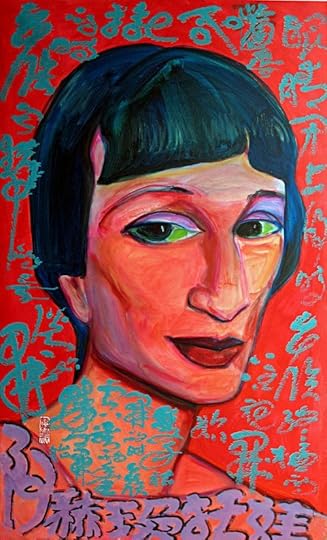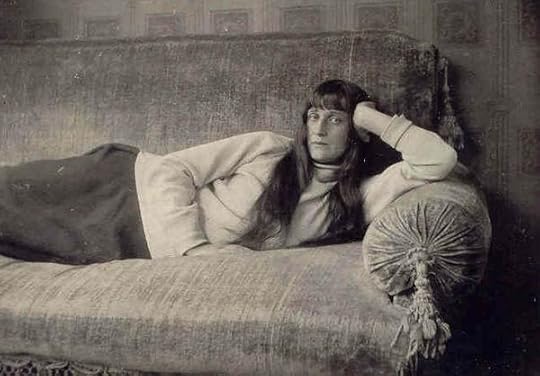What do you think?
Rate this book


160 pages, Paperback
First published June 1, 1969




 by Nathan Altman
by Nathan Altman
 Huang Xiang
Huang Xiang





There are Four of Us
I have turned aside from everything,
From the whole earthly store.
The spirit and guardian of this place
Is an old tree-stump in water.
We are brief guests of the earth, as it were,
And life is a habit we put on.
On paths of air I seem to overhear
Two friendly voices, talking in turn.
Did I say two? . . . There
By the east wall’s tangle of raspberry,
Is a branch of elder, dark and fresh.
Why? it’s a letter from Marina.
- November 1961 (in delirium)